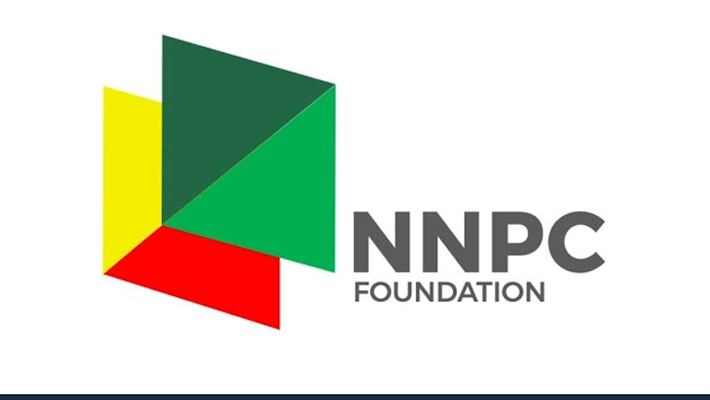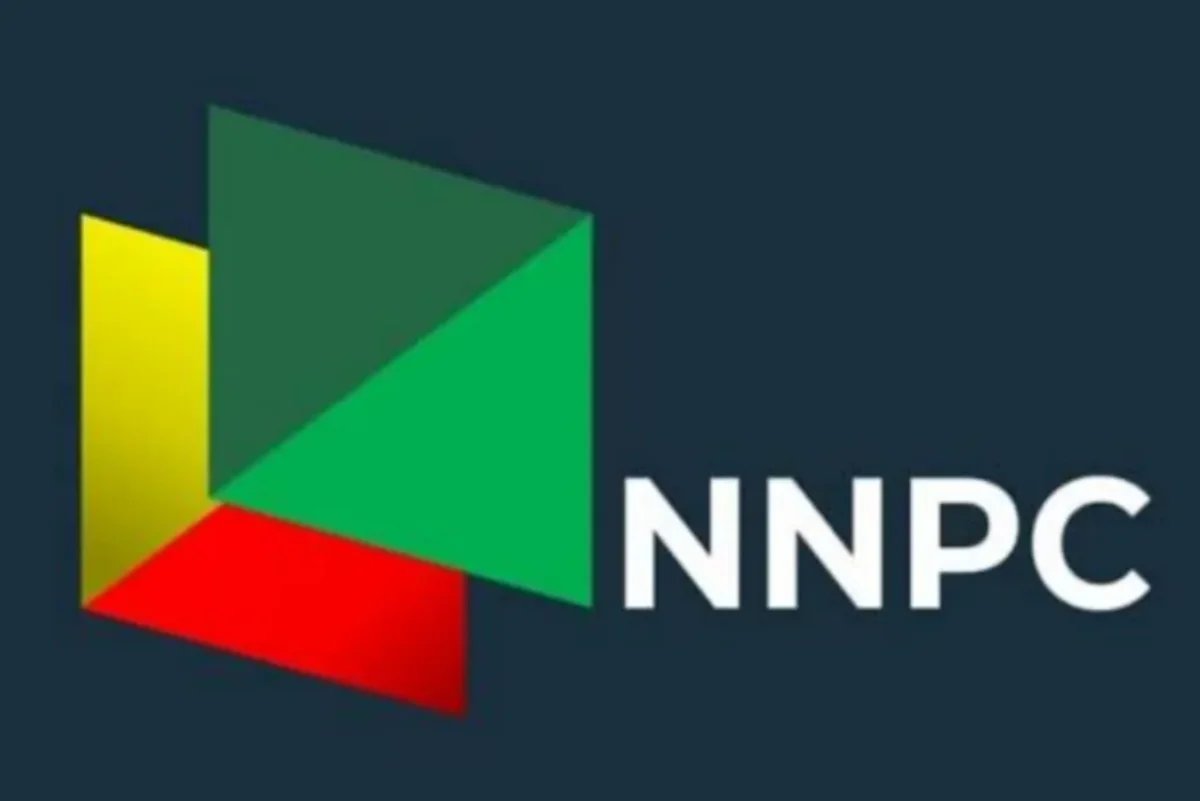The National Sugar Development Council (NSDC) has signed a major Memorandum of Understanding (MoU) with SINOMACH, a Chinese conglomerate, for the development of a sugarcane cultivation and processing project capable of producing one million metric tonnes of sugar in the country.
The MoU, which is an early dividend of the Nigeria-China Strategic Partnership—an initiative of President Bola Ahmed Tinubu—has the potential to attract investments of up to $1bn into the Nigeria sugar industry.
According to the agreement, SINOMACH is set to start by constructing a sugar production plant and sugarcane plantation with an annual production capacity of 100,000 metric tonnes, while the NSDC will facilitate and assist in obtaining the necessary authorisations, approvals, and permissions to undertake the project. This will more than double Nigeria’s annual local sugar production.
While SINOMACH is expected to contribute its vast expertise, resources, and experience in the execution of the project on an Engineering, Procurement and Construction (EPC) basis, the key biggest advantage of the arrangement is that the Chinese conglomerate will also be financing it.
Speaking at the signing ceremony held in Abuja, the Executive Secretary/CEO of NSDC, Mr. Kamar Bakrin, reiterated that 2025 represents a pivotal year for accelerated development in Nigeria.
“It is a critical period during which we expect to make significant strides in our national journey towards economic self-sufficiency and food security, especially given the fiscal pressure that Nigeria faces.
“It goes without saying that a robust sugar industry will deliver several benefits to Nigeria. These include the creation of thousands of sustainable jobs across the value chain. Sugar, by its very nature, leads to extensive rural infrastructure development.
” For Nigeria, it will also result in substantial foreign exchange savings, as it will substitute imports, which currently account for the bulk of the country’s sugar consumption.
“We envision a sugar sector, when fully developed, that will serve as a blueprint for Nigeria’s broader industrialisation strategy. And, of course, China, being the world’s leader in industrialisation, can easily relate to this.
“We believe that the sugar industry can serve as a model in this regard, as it gives us an opportunity to adopt a creative and transformative approach to achieving scale and speed—critical elements for Nigeria’s development.
“Specific elements that we believe, if successfully implemented in the sugar sector, can be replicated in other areas of Nigeria’s industrialisation include a strategic approach to sector development, the establishment of enabling policy frameworks, effective aggregation of critical production inputs, acquisition of technical skills and competencies, and innovative financing solutions.
“The signing of this MoU marks the beginning of what we anticipate will evolve into a long-term relationship capable of ultimately delivering as much as one million metric tonnes of locally produced sugar, thereby strengthening our domestic production capacity and reducing import dependence.
“It is indeed a unique model, as it combines both EPC and development financing—an essential requirement for agro-industrial development in the country,” Mr. Bakrin said.
Also speaking, the Vice President of SINOMACH, Li Xiao Yu, acknowledged that, as Africa’s largest economy, the country’s vigorous implementation of the Nigeria Sugar Master Plan (NSMP) with the goal of achieving self-sufficiency in sugar production, is laudable.
“We deeply admire this vision—it is not only an industrial policy but also a sweet revolution tied to food sovereignty and economic dignity.
“We firmly believe that, through joint efforts, the success of the plantation and sugar mill project will enhance Nigeria’s sugar self-sufficiency, spur economic development in surrounding areas, create substantial employment, modernise the agricultural value chain, and generate long-term and sustainable social benefits.
“We view our partnership with NSDC not merely as a commercial endeavour, but as a concrete step toward implementing the shared vision of our two Heads of State to enhance agricultural cooperation and promote common development,” he said.
He added, “We are also actively exploring the implementation of RMB-based financing models to support our collaboration—contributing to the internationalisation of the Chinese currency, diversifying Nigeria’s financing channels, reducing overall costs, and expediting project approvals on the Chinese side. This will ensure stable and efficient funding support.”
He further expressed hope that the state eventually selected to host the project in Nigeria could be transformed into the “Sugar Bowl of West Africa.”












